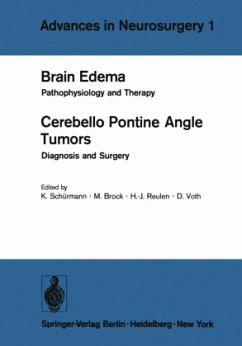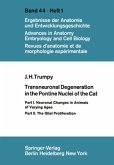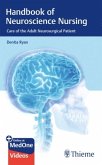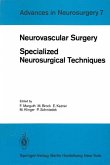This volume contains the papers presented at the 24th Annual Meeting of the Deutsche Gesellschaft fur Neurochirurgie, held in Mainz, Western Germany, on April 30 - May 3, 1973. Deliberate choice was made of two crucial still hotly debated subjects which, for ages, have meant a source of constant worry, and nights without sleep to every neurosurgeon. Just as long as our special field exists, there have been the problems of how to control brain edema and ·of how to reduce lethality and the secondary lesions in surgery of cerebello-pontine angle tumors. Concerning the first subject, new pathological, pathophysiological and chemical aspects, the mechanisms of brain edema formation and resolution are presented in the hope for better understanding. Furthermore, the relationship between brain edema, intracranial pressure, cerebral blood flow and metabolism are discussed. Finally, the therapeutical consequences as well as the results of experimental and clinical work are presented, and acomparison of effects between different methods (hypertonic solutions, diuretics, steroids, controlled hyperventilation, hyperbaric oxygen) is given. Concerning the second main subject, any important contributions to the early diagnosis of cerebello-pontine angle tumors have been included. Nevertheless, it is of utmost interest for the neurosurgeon to know which approach he is to prefer for the different stages of tumor size and to be familiar with the trans labyrinthine approach or the posterior craniotomy, as well as with the importance of the use of the microscope in neurosurgery, the preservation of the facial nerve and, in certain cases, its repair.
Hinweis: Dieser Artikel kann nur an eine deutsche Lieferadresse ausgeliefert werden.
Hinweis: Dieser Artikel kann nur an eine deutsche Lieferadresse ausgeliefert werden.








